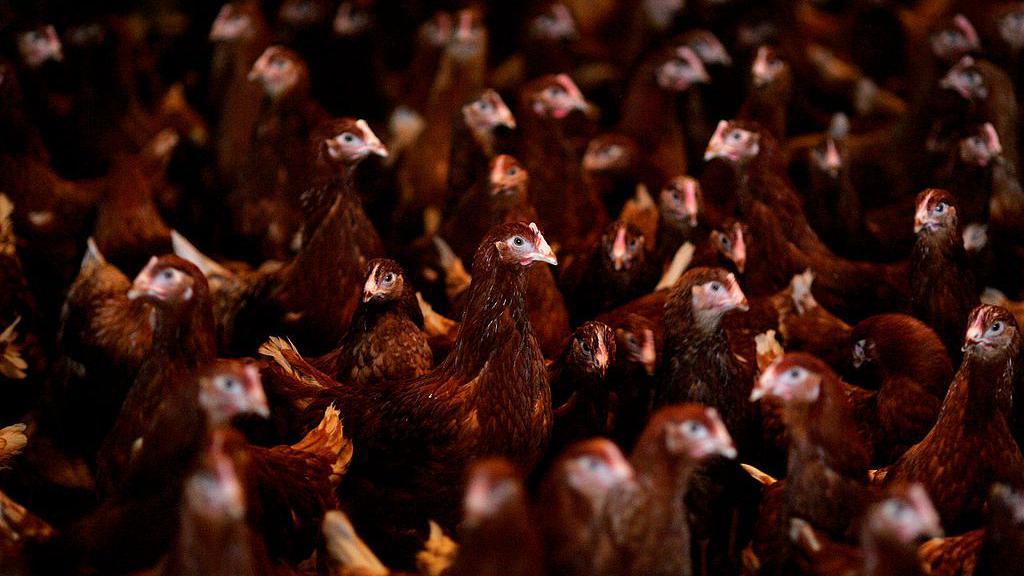Bird flu detected in dead grey seals on coast
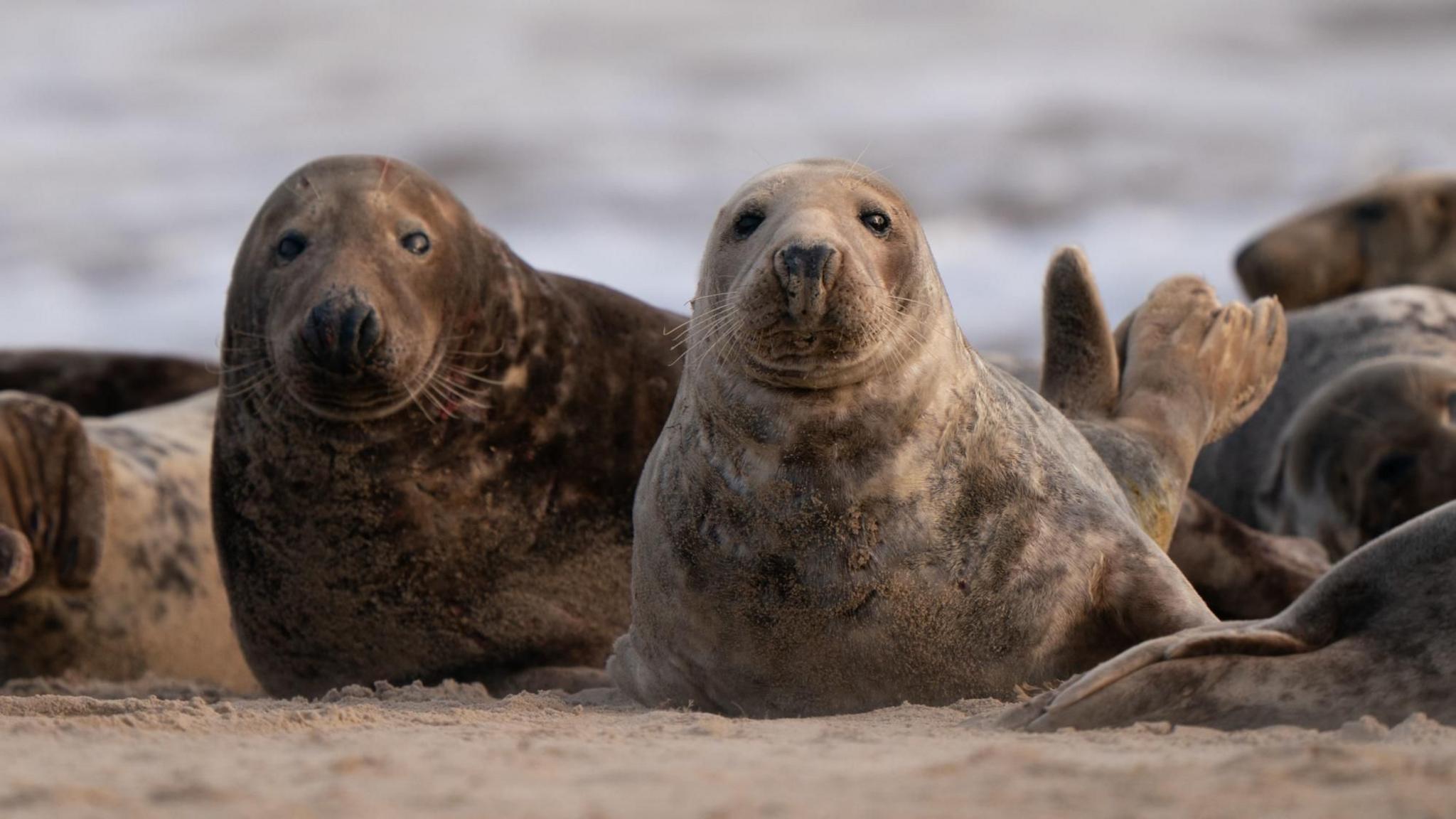
The government said seals on the north Norfolk coast tested positive for the virus
- Published
Bird flu has been found in two dead grey seals on the north Norfolk coast.
The Animal and Plant Health Agency (APHA) said wild birds in the area had also tested positive.
The Department for Environment, Food and Rural Affairs (Defra) said four seals were found dead at Blakeney Point, with two of them found to have the virus.
The APHA insisted there was "no evidence to suggest an increased risk to non-avian wildlife".
However, a statement, external on its website said mammals that had been in close contact with infected wild birds remained at risk of infection.
A spokesperson for the National Trust, which looks after Blakeney Point, said: "We are working closely with APHA and Defra and keeping the situation under review."
During 2023, the government said a number of mammals were infected, including foxes, otters and dolphins, external.
Some of these mammals were known to scavenge dead or dying birds.
However, there were no cases last year, external.
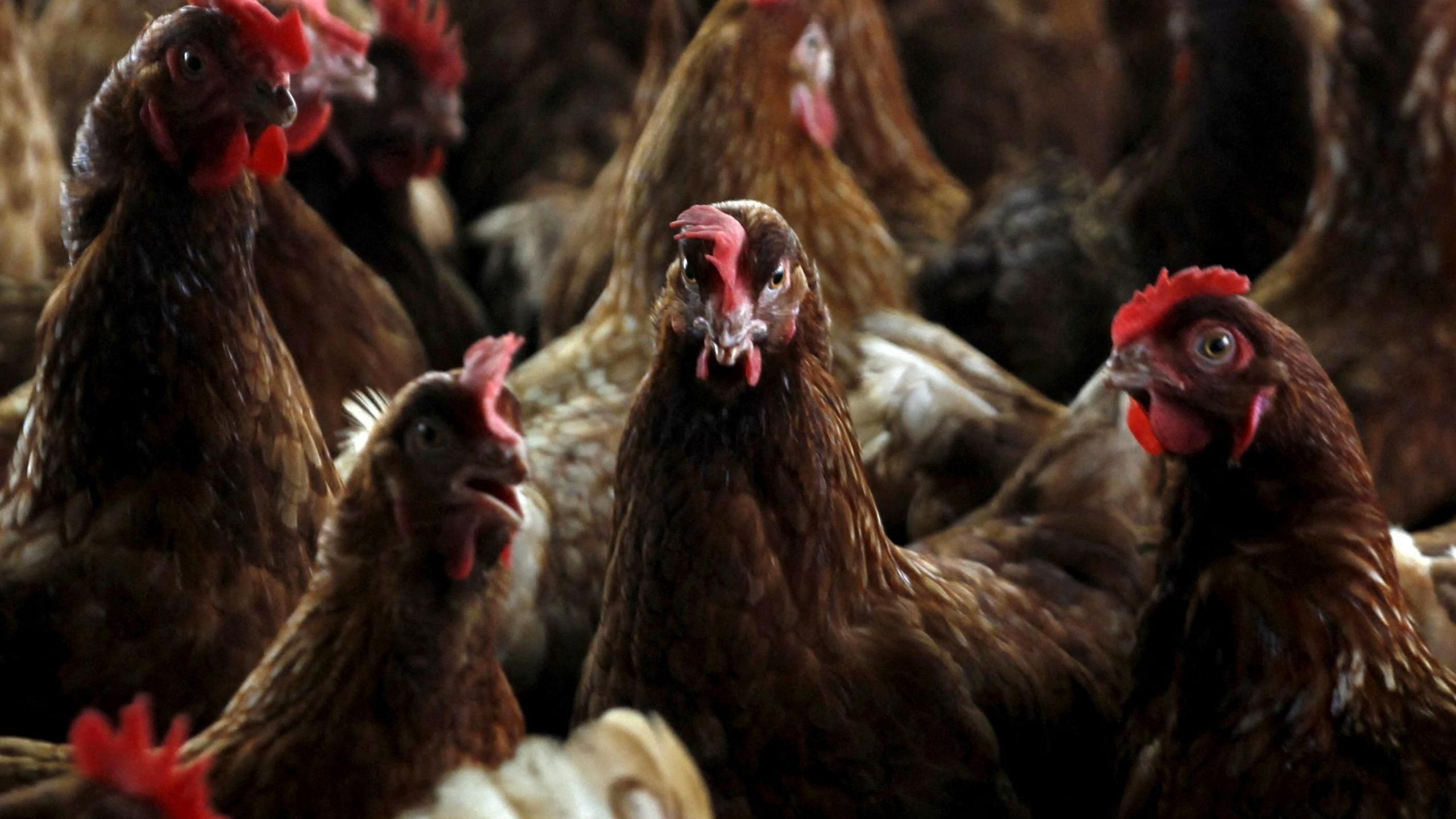
Farmers across England face tough measures on the movement of birds as part of the latest bird flu outbreak
Since 5 November, 36 outbreaks of bird flu, involving two strains, have been detected in England.
Almost 1.8m birds have been culled, the BBC has learned.
There have been 12 confirmed outbreaks in Norfolk, but only two protection zones are currently in force - in Snettisham and Loddon.
The risk to humans remains low, with chicken and eggs safe to eat if properly cooked.
The government said it had acted quickly to cull all poultry on infected premises "to protect Britain's food security", but recognised the devastating impact it was having.
A spokeswoman for Defra said the 1.78 million birds culled since the first outbreak on 5 November was a "small proportion" of the industry's total production, which is about 20 million birds a week.
Housing orders have come into force in parts of Norfolk, Suffolk and Lincolnshire, along with places further afield, including Herefordshire, Worcestershire, Shropshire, Cheshire, Merseyside, Lancashire and Yorkshire.
The government's chief vet said it was monitoring the disease and any risk to more areas.
At the beginning of the worst outbreak of bird flu, 3.2 million birds were culled between October 2021 and September 2022.
Get in touch
Do you have a story suggestion for Norfolk?
Follow Norfolk news on BBC Sounds, Facebook, external, Instagram, external and X, external.
Related topics
- Published12 February
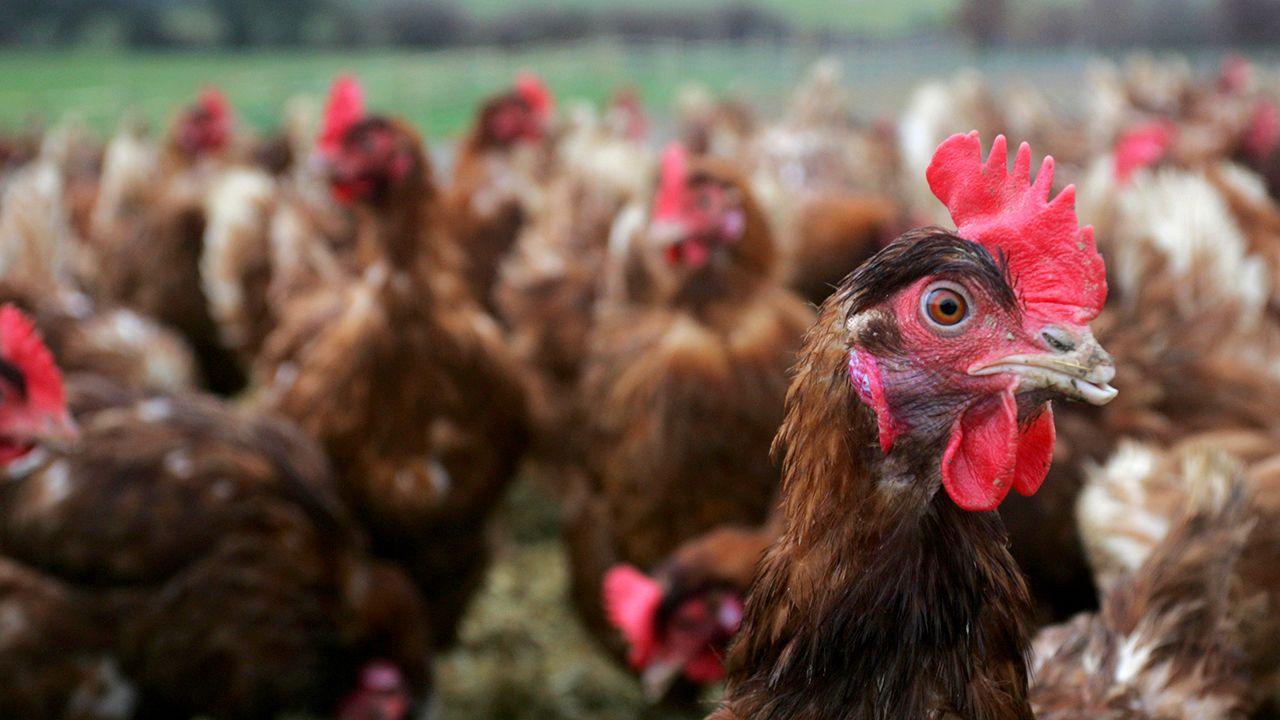
- Published17 February
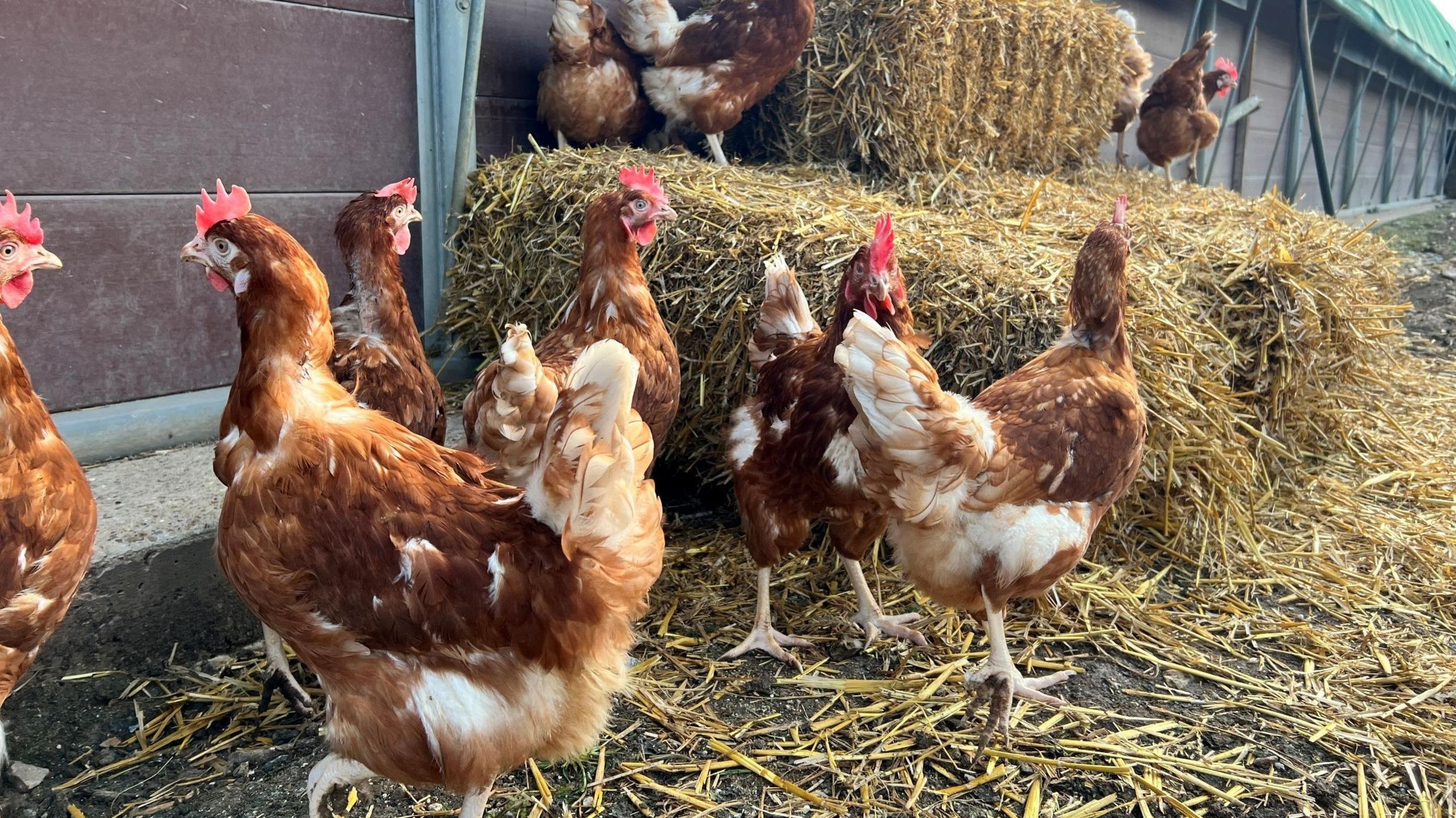
- Published18 February
